
Code: 04924784
Standing Bear and the Ponca Chiefs
by Thomas Henry Tibbles
"Read [this book] before you read another thing. Surely you too will rank it as a classic."--American Indian Crafts and Culture. Standing Bear was a chieftain of the Ponca Indian tribe, which farmed and hunted peacefully along the ... more
- Language:
 English
English - Binding: Paperback
- Number of pages: 143
Publisher: University of Nebraska Press, 1995
- More about this

12.45 €
RRP: 15.42 €
You save 2.97 €

In stock at our supplier
Shipping in 15 - 20 days
You might also like
-

Preliminaries to Linguistic Phonetics
43.24 € -

Technological Innovation and Economic Performance
110.99 € -

Emmaus
42 € -

Direct Democratic Choice
71.76 € -

Writing the Dead
76.50 € -

Oxford Reading Tree TreeTops Fiction: Level 12 More Pack C: Pack of 6
69.80 € -

WITH AKHMATOVA AT THE BLACK GATES
22.75 € -9 %
Give this book as a present today
- Order book and choose Gift Order.
- We will send you book gift voucher at once. You can give it out to anyone.
- Book will be send to donee, nothing more to care about.
More about Standing Bear and the Ponca Chiefs
You get 31 loyalty points
 Book synopsis
Book synopsis
"Read [this book] before you read another thing. Surely you too will rank it as a classic."--American Indian Crafts and Culture. Standing Bear was a chieftain of the Ponca Indian tribe, which farmed and hunted peacefully along the Niobrara River in northeastern Nebraska. In 1878 the Poncas were forced by the federal government to move to Indian Territory. During the year they were driven out, 158 out of 730 died, including Standing Bear's young son, who had begged to be buried on the Niobrara. Early in 1879 the chief, accompanied by a small band, defied the federal government by returning to the ancestral home with the boy's body. At the end of ten weeks of walking through winter cold, they were arrested. However, General George Crook, touched by their "pitiable condition," turned for help to Thomas H. Tibbles, a crusading newspaperman on the Omaha Daily Herald, who rallied public support. Citing the Fourteenth Amendment, Standing Bear brought suit against the federal government. The resulting trial first established Indians as persons within the meaning of the law. At the end of his testimony, Standing Bear held out his hand to the judge and pleaded for recognition of his humanity: "My hand is not the color of yours, but if I pierce it, I shall feel pain. If you pierce your hand, you also feel pain. The blood that will flow from mine will be of the same color as yours. I am a man. The same God made us both." Kay Graber, editor emeritus at the University of Nebraska Press, has edited and provided a new introduction for this eyewitness account of the celebrated court case. She is also editor of Sister to the Sioux (Nebraska 1978).
 Book details
Book details
Book category Books in English Society & social sciences Society & culture: general Social groups
12.45 €
- Full title: Standing Bear and the Ponca Chiefs
- Author: Thomas Henry Tibbles
- Language:
 English
English - Binding: Paperback
- Number of pages: 143
- EAN: 9780803294264
- ISBN: 0803294263
- ID: 04924784
- Publisher: University of Nebraska Press
- Weight: 196 g
- Dimensions: 201 × 126 × 11 mm
- Date of publishing: 01. April 1995
Trending among others
-

Women Who Run with the Wolves
9.87 € -13 % -

The Autobiography of Malcolm X
10.49 € -9 % -
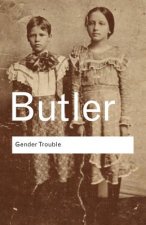
Gender Trouble
27.17 € -5 % -

Indigenous Peoples' History of the United States
15.33 € -21 % -

Freedom Writers Diary
15.33 € -10 % -
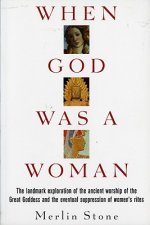
When God Was A Woman
19.66 € -4 % -

Who Cooked the Last Supper?
19.86 € -8 % -
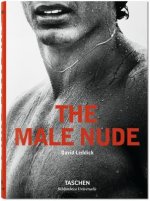
The Male Nude
18.73 € -29 % -

Culture of Critique
23.98 € -18 % -

Manipulated Man
12.45 € -28 % -

Complete Persepolis
23.47 € -17 % -

Be Prepared
14.92 € -23 % -
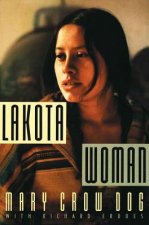
Lakota Woman
13.99 € -28 % -

Girls with Swords
15.33 € -17 % -

Do Muslim Women Need Saving?
21.20 € -17 % -

Polin: Studies in Polish Jewry Volume 11
39.02 € -9 % -

Portrait of the Alcoholic
13.89 € -

Polin: Studies in Polish Jewry
53.12 € -

Polin: Studies in Polish Jewry Volume 8
39.02 € -9 % -
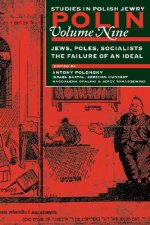
Polin: Studies in Polish Jewry
39.02 € -9 % -
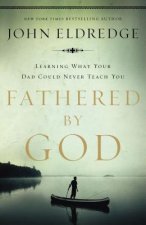
Fathered by God
16.57 € -23 % -
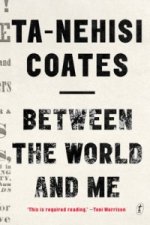
Between The World And Me
12.24 € -23 % -

Iron John
16.57 € -23 % -

Jewish Olympics
22.54 € -21 % -

Orientalism
11.01 € -24 % -
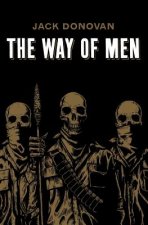
The Way of Men
13.27 € -23 % -

Goddesses in Everywoman
12.24 € -23 % -

Think Like a Monk
14.82 € -29 % -

Women Who Run With The Wolves
17.80 € -18 % -

Tom of Finland. The Complete Kake Comics
21.10 € -

The Mastery of Love
12.76 € -18 % -

Second Sex
15.54 € -28 % -

Nice Girls Don't Get The Corner Office
9.77 € -25 % -
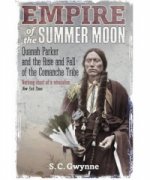
Empire of the Summer Moon
14.41 € -23 % -

Dance of Anger
11.11 € -24 % -

Eros and Mysteries of Love
16.26 € -24 % -

World's Best Cities
32.84 € -21 % -
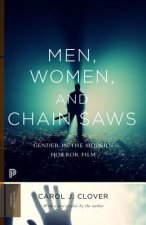
Men, Women, and Chain Saws
18.42 € -13 % -

Talking with Female Serial Killers - A chilling study of the most evil women in the world
10.49 € -28 % -

The Bell Curve
17.60 € -28 % -

Intellectuals and Society
21.51 € -24 % -
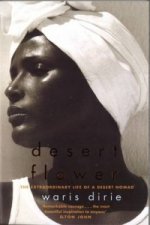
Desert Flower
10.18 € -25 % -

Witches, Midwives, And Nurses
12.24 € -1 % -

The Velvet Rage
16.26 € -22 % -

Beauty Sick
11.52 € -28 % -

Iron John
16.26 € -24 % -

Black Rednecks & White Liberals
21.82 € -17 % -

Generations
19.97 € -15 % -

Story of the Jews
13.17 € -22 %
Collection points Bratislava a 2642 dalších
Copyright ©2008-24 najlacnejsie-knihy.sk All rights reservedPrivacyCookies


 15549 collection points
15549 collection points Delivery 2.99 €
Delivery 2.99 € 02/210 210 99 (8-15.30h)
02/210 210 99 (8-15.30h)